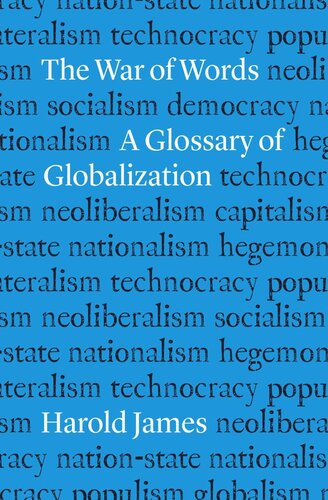

Most ebook files are in PDF format, so you can easily read them using various software such as Foxit Reader or directly on the Google Chrome browser.
Some ebook files are released by publishers in other formats such as .awz, .mobi, .epub, .fb2, etc. You may need to install specific software to read these formats on mobile/PC, such as Calibre.
Please read the tutorial at this link: https://ebookbell.com/faq
We offer FREE conversion to the popular formats you request; however, this may take some time. Therefore, right after payment, please email us, and we will try to provide the service as quickly as possible.
For some exceptional file formats or broken links (if any), please refrain from opening any disputes. Instead, email us first, and we will try to assist within a maximum of 6 hours.
EbookBell Team

4.0
76 reviewsA timely call for recovering the true meanings of the nineteenth-century terms that are hobbling current political debates
Nationalism, conservatism, liberalism, socialism, and capitalism are among the most fiercely debated ideas in contemporary politics. Since these concepts hark back to the nineteenth century, much of their nuanced meaning has been lost, and the words are most often used as epithets that short-circuit productive discussion. In this insightful book, Harold James uncovers the origins of these concepts and examines how the problematic definition and meaning of each term has become an obstacle to respectful communication.
Noting that similar linguistic misunderstandings accompany such newer ideas as geopolitics, neoliberalism, technocracy, and globalism, James argues that a rich historical knowledge of the vocabulary surrounding globalization, politics, and economics—particularly the meaning and the usefulness that drove the original conceptions of the terms—is needed to negotiate the gaps between different understandings and make fruitful political debate once again possible.